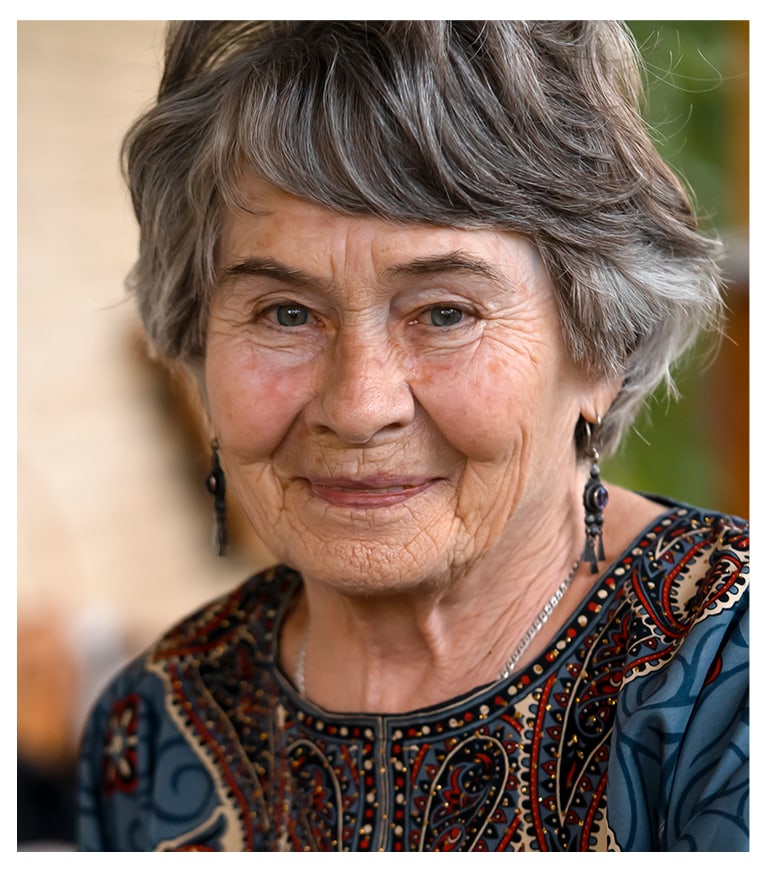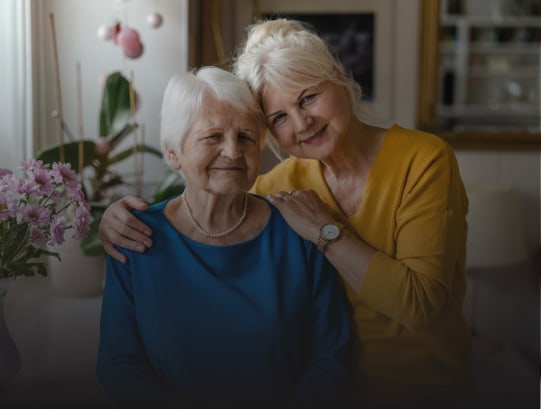With an aging population and an increase in conditions like Alzheimer’s and other forms of dementia, it’s more important than ever for families to understand when a transition from personal care to memory care is necessary. Some signs it’s time to move from personal care to memory care include:
- Forgetfulness and confusion beyond normal aging
- Increased care needs and decline in ADLs
- Behavioral changes and wandering
Personal care is a beneficial service that provides older adults the support needed to live as independently as possible. But for those who develop dementia, memory care provides the care necessary to accommodate increased support needs.
The Differences Between Personal Care & Memory Care
Personal care and memory care communities provide essential support, but they cater to different needs.
Personal care communities typically offer help with everyday activities such as bathing, dressing, and medication management, all while promoting independence. Residents in these settings usually have their own apartments and enjoy recreational activities that foster a sense of community.
On the other hand, memory care communities are specifically designed for individuals with Alzheimer’s disease or other forms of dementia. They provide specialized care that addresses cognitive challenges, ensuring a safe and secure environment. Memory care communities often feature tailored activities and therapies to enhance cognitive function and quality of life.
By understanding the distinctions between these two types of communities, families can better determine which setting aligns with their loved one’s needs.
Recognizing the Signs It’s Time for Memory Care
Dementia or its related conditions don’t progress the same in everyone. So, each situation is unique, but the following signs can indicate it’s time to consider a transition.
Forgetfulness & Confusion Beyond Normal Aging
While occasional forgetfulness is part of normal aging, frequent memory lapses that disrupt daily life can indicate a need for more specialized care. If your loved one struggles to remember familiar tasks or places, this could be a sign that memory care might be beneficial.
Increased Care Needs & Decline in ADLs
When a senior’s ability to perform activities of daily living (ADLs) declines significantly, it may be time to consider memory care. This includes difficulties with personal hygiene, meal preparation, or managing finances, which require more guided support and supervision.
Behavioral Changes & Wandering Behavior
Behavioral shifts, such as increased agitation, anxiety, or wandering, can pose risks in a personal care setting. Memory care communities offer structured routines and environments designed to minimize stress and prevent wandering, keeping residents safe.
Navigating the Challenges of Transitioning
Transitioning from personal care to memory care can be an emotional and logistical challenge for seniors and their families. It’s important to acknowledge the feelings that may arise during this process. Open communication and empathy are vital in providing reassurance and support.
To ease the transition, involve your loved one in decision-making as much as possible. Discuss their preferences and concerns, and ensure they feel heard. This approach empowers them and fosters a sense of belonging in their new environment.
The Benefits of an Early Transition
Memory care communities offer a structured environment where staff are trained to address the unique challenges posed by cognitive decline. This specialized care can help manage symptoms, reduce stress, and promote a sense of security and comfort.
By moving to memory care sooner rather than later, your loved one can benefit from tailored therapies and activities designed to stimulate cognitive function. These interventions contribute to maintaining their dignity and independence, allowing them to continue enjoying a fulfilling life.
Key Considerations When Making the Decision
Deciding to transition to memory care involves weighing several factors.
Consider the level of care your loved one currently receives and whether it adequately meets their growing needs. Evaluate the community’s safety measures, staff qualifications, and available programs to ensure they align with your loved one’s preferences and lifestyle.
Encourage open discussions about their desires and expectations, fostering a sense of control and empowerment. This collaboration can help alleviate anxieties and create a smoother transition.
Steps to Ensure a Smooth Transition
Once the decision is made, take steps to prepare for a seamless transition to memory care.
Begin by personalizing your loved one’s new living space with familiar items that evoke comfort and familiarity. This simple gesture can help ease feelings of homesickness and create a sense of belonging.
Maintain open lines of communication with the memory care staff and your family. Share insights into your loved one’s personality, routines, and preferences to ensure tailored care. Regular visits and involvement in activities can also help your loved one adjust to their new surroundings.
Transitioning to Senior Living
Recognizing the right time to transition a loved one from personal care to memory care is essential for their well-being. Families can make the best decision possible by understanding the differences between these communities, identifying the signs of cognitive decline, and addressing the challenges of transitioning.
Call our compassionate team at The Terrace at Chestnut Hill today and book a community tour. We’re happy to show you how our community can provide the support your loved one needs throughout various life stages.









